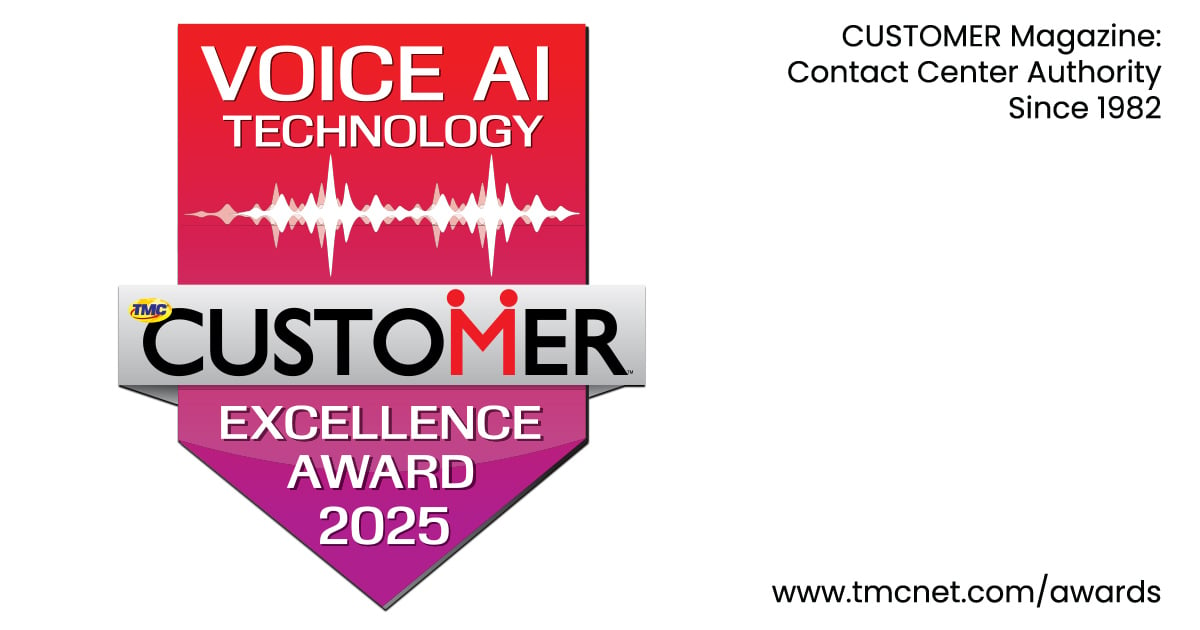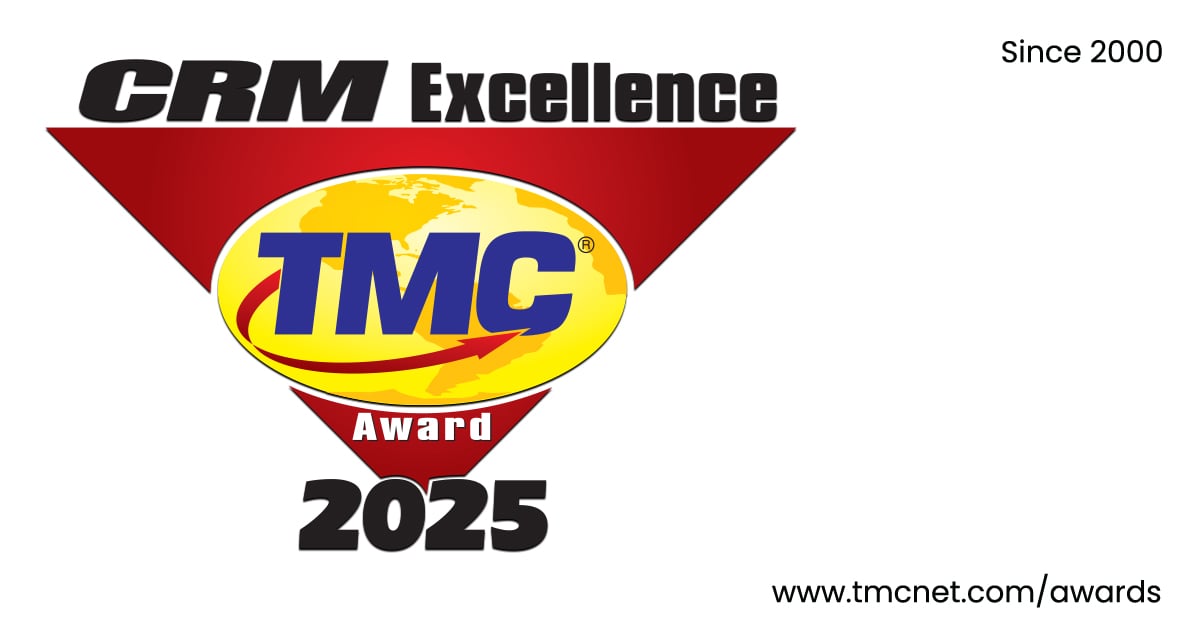Times are tough for Chief Sales Officers (CSOs). According to a review of annual sales performance trends from CSO Insights, sales productivity continues to decline – from 41 percent three years ago to 35 percent in 2014 – even though significant investment has been pumped into the very technologies that promised to increase it. In 2014, nearly a fifth of CSOs failed to meet their revenue targets, and attained on average just 82 percent of their revenue goals. In 2015, 79 percent of CSOs saw an increase in their sales targets of 5 percent or more, but only 16 percent were confident they could achieve them.
The problem isn’t the quantity or quality of sales technologies available. Nor is the answer to simply give more time to sellers. If sales organizations want to drive growth and productivity in 2016, they must adapt to the digitally disrupted sales reality in which they now operate.
Digital has enabled a more personal approach to selling
Historically, CSOs won (or lost) their customers at the point of purchase. With the rise of digital, the traditional sales and marketing funnel has changed entirely. Today, the buying process is nonstop and highly fluid. With more information, opinions and choices than ever before, customers (both B2B and B2C) constantly evaluate how well a company lives up to its promises. They want consistent and tailored experiences every step of the way – from consideration to purchase, through service interactions, renewals and future purchase opportunities.
Such changes to the buying process have had a profound effect on sales organizations. Business customers are often 57 percent through the buying process when they meet sales representatives for the first time. That’s more than half of the sales journey during which time sales teams are effectively shut out, unable to influence buying decisions. In this environment, an increase in actual selling time may be nice, but it’s not the silver bullet for sales growth.
CSOs need to reconsider their interactions with current and prospective customers and better understand where, when and how they can truly advise and influence them. Some organizations have started to shift their focus from closing transactional sales to cultivating “evergreen” customer relationships. They ensure sellers have more opportunities to engage with customers and advise them on things they value. They also inform sellers on all dimensions of a customer’s experience which helps to build long-term relationships.
High-quality interactions enhance relationships
CSOs have generally been dismissive of customer experience (CX). They felt their job was to get customers in the door; it was someone else’s job to keep them. They also considered leads that CX generated unqualified, and measures of experience and satisfaction were based on “soft” metrics. Digital has revealed the fallacy of these long-standing beliefs and helped make the formerly loose correlation between service, experience and sales more tangible.
In the digital age, high-quality interactions enhance relationships, provide cross- and up-sell opportunities, and serve as a prime source of lead origination. Research confirms that the best-performing B2B organizations originate the majority of their leads (58 percent) from non-sales-related experiences. In addition, with new metrics and instrumentation, companies can accurately calculate the effect of CX on financial results.
Analytical tools that enable sales leaders to measure the correlation between customer loyalty and long-term economic benefits are particularly important. Quantifying experience and satisfaction is a step in the right direction. But CSOs who accept the premise that CX is central to the selling process and integral to sales momentum must do more, by adjusting their accountabilities and information-sharing capabilities to better meet customer expectations across the buying cycle. They should also refocus their selling processes from products to experiences, and take advantage of every opportunity to influence customers’ buying decisions and build lasting customer relationships.
Customer experience as a critical sales lever
CX impacts the bottom line in several ways. The delivery of engaging customer experiences persuades customers to buy more, incents them to stay longer, and encourages them to refer others. B2B companies that generate higher revenues get this and are more likely to prioritize and monetize CX.
Nearly three-quarters (72 percent) of high performers can directly attribute business results to CX investments. Only 22 percent of low performers can. Unsurprisingly, B2B high performers are also more likely to acknowledge the importance of CX in cross- or up-selling. They are more adept at building long-term customer relationships, and more successful at farming additional sales opportunities from existing customers. Consequently, they are capturing millions more in revenue than their competitors.
These CSOs are not improving their sales performance by simply devoting more time to traditional “selling.” They are enabling their agents to make better, more strategic use of the time they have with customers. Other companies can learn from their example. To use CX to its fullest advantage, CSOs should look to:
Stake their claim: CSOs need to shift their mindset and embrace the premise that each customer interaction is an opportunity to position sales agents as trusted advisors. As customers accept fewer sales calls, sales agents must approach every experience – not just the sales meetings – as a chance to strengthen the relationship, generate leads and influence sales. CX is an engine for sales growth and a core contributor to P&L, and CSOs need to take an active role in governing, measuring and improving the experiences that occur across the customer lifecycle.
Inject CX discipline into sales: CSOs have devoted considerable attention to ensuring their sales teams have more time to sell. CX calls for CSOs to refocus their priorities and balance account origination activities with account expansion initiatives. They need to embrace CX and pivot to provide the right connected insights and recommendations in order to maximize selling opportunities.
Clean house: Accenture’s Global Consumer Pulse Research confirms that negative service experiences such as long wait times, multiple handoffs and impolite representatives can have dire sales consequences. Customers will leave if they are not satisfied, and more than three-quarters will tell others, which jeopardizes future sales from prospective customers.
CX is turning sales on its head. Old thinking about the relevance of customer satisfaction and loyalty measures no longer apply. Leading CSOs get this and are already harnessing CX as a critical engine of sales growth, and connected insights are helping them to maximize selling opportunities. Equally important, they acknowledge that they can’t afford to not be owners of CX.
 Jason Angelos, Managing Director – Accenture Strategy, Sales Strategy & Transformation Global Lead
Jason Angelos, Managing Director – Accenture Strategy, Sales Strategy & Transformation Global Lead
Jason helps global organizations plan, architect and deploy innovative and highly agile sales solutions that drive more profitable growth. With nearly two decades of experience, he specializes in sales spend optimization, price and profit optimization, execution and operations excellence, sales talent enablement, and digital selling and dynamic channels. Jason is based in Los Angeles.
Edited by
Stefania Viscusi





